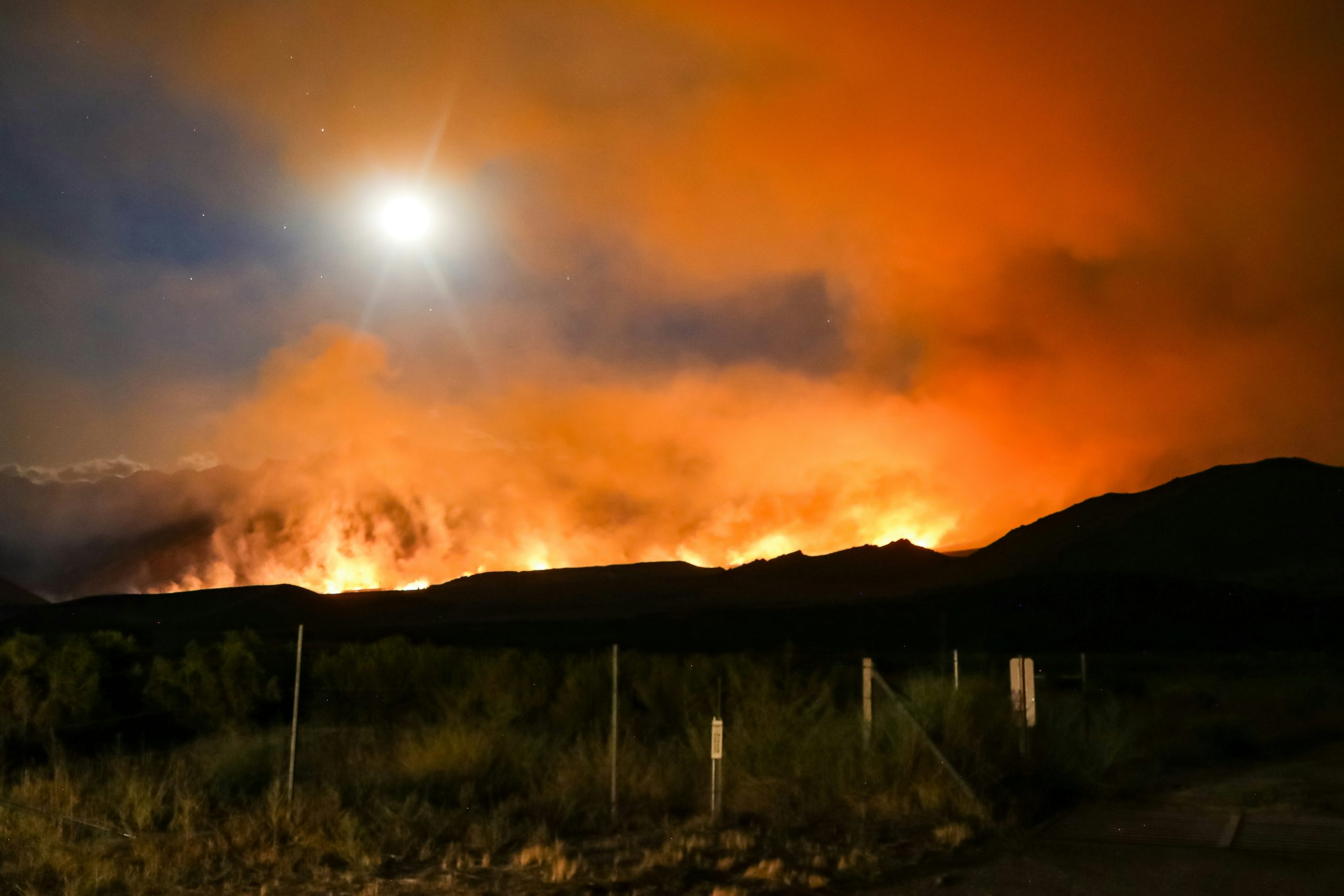Firefighters are battling wildfires in Turkey and France as of Monday, 30 June as an unseasonal heatwave swept across Southern Europe, forcing evacuations and triggering extreme weather alerts in multiple countries. The early summer heat event, which scientists link to human-induced climate change, has broken temperature records and strained emergency services from the Mediterranean to Northern Europe.
In Turkey, flames spread rapidly through the western province of Izmir, fueled by strong winds and tinder-dry conditions. Forestry Minister Ibrahim Yumakli confirmed the evacuation of four villages and two town neighborhoods as crews struggled to contain the blaze. The country’s coastal regions have become increasingly vulnerable to devastating wildfires as climate change intensifies summer heat and drought conditions.
Meanwhile, France faced its own fire emergency in the southwestern Aude department, where 400 hectares burned near a popular campsite and historic abbey. Although authorities reported the fires were under control, they warned the situation remained precarious with temperatures expected to exceed 40°C (104°F) midweek.
Météo-France issued orange heatwave alerts for 84 departments—a record coverage—while 200 schools prepared to close or reduce operations. The French government activated heat emergency plans, including extended homeless shelter hours in cities like Paris and Marseille.

How the Record Heat Spread Across Europe
The scorching temperatures extended beyond the Mediterranean, with:
- Spain bracing for its hottest June on record, hitting 42°C (108°F) in Seville during a UN conference.
- Italy meanwhile, declared red alerts in 16 cities, including Florence (41°C) and Bologna (38°C).
- For Germany, the government called for water conservation as the Rhine River levels dropped, disrupting shipping.
- The Netherlands on the other hand are bracing for unprecedented 35–40°C heat with high humidity.
Why It Matters
This early heatwave stresses the growing impact of climate change, with EU’s Copernicus Climate Change Service confirming May 2024 temperatures were 1.5°C above pre-industrial levels. Swiss Re recently warned that extreme heat causes up to 480,000 annual deaths globally—more than floods, earthquakes, and hurricanes combined.
With this heat wave comes increased power demand surges for air conditioning, which in turn means that European energy markets will see price hikes. , Outdoor workers and vulnerable populations are also faced with increased health risks. With 2024 ranked as Earth’s hottest year, scientists stress that fossil fuel emissions must be slashed to curb the escalating climate emergency and to avoid 2025 outranking the previous year as the hottest so far.

















